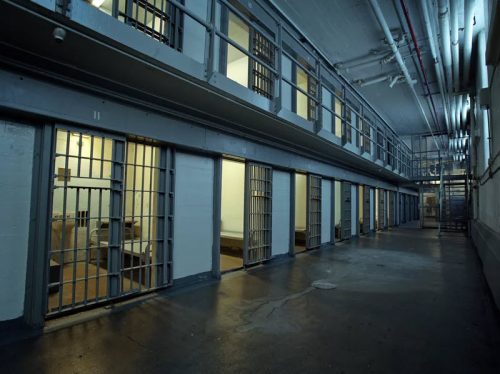

By Kaylynn Chang
CHICAGO, IL — In an article published by the Innocence Project, an organization dedicated to reform the criminal justice system by proving wrongful convictions with a forensic lens, authors Peter Neufeld and Steven Drizin focus on critical legislation proposed in Illinois designed to prevent false confessions that incriminates people.
Using the case of the “Dixmoor Five,” the authors explain the story of Robert Taylor, Jonathan Barr, James Harden, Robert Lee Veal and Shainne Sharp, who were all wrongly accused in their teens of the rape and murder of a young woman in Cook County, Illinois, in 1991.
Prosecutors argued their confessions were admissible because they were made voluntarily, as indicated by their signed Miranda warnings. However, the authors stated that merely acknowledging one’s rights does not guarantee the reliability of a confession.
Despite routinely assessing the reliability of other types of evidence, such as eyewitness identifications and forensic results, Illinois judges do not evaluate the reliability of confessions, said the authors, explaining DNA evidence pre-trial excluded the youth as sources of the semen found on the victim. And their confessions were inconsistent with other evidence.
The article concludes it is unlikely a judge would have found the confessions probable if that assessment had been made.
Totaling 95 years of wrongful imprisonment, the five men, said the authors, remained imprisoned while the real perpetrator walked free, committing further sexual assaults until a DNA database search matched him as the proper perpetrator.
However, throughout the nation, confessions passing the “voluntariness” test can still be admitted as evidence, even if proven false and unreliable, said the authors, who note the attorneys moved to exclude the accused’s confessions, but the judge only considered voluntariness, not reliability.
Illinois leads the nation in wrongful convictions, with “540 exonerations… followed by Texas, with 474 exonerations,” according to the National Registry of Exonerations, adding “135 of the 445 exonerations nationwide that involved false confessions happened in Illinois — a full 30 percent.”
Many exonerees filed motions to suppress their confessions, but judges only tested for voluntariness, resulting in convictions and decades of wrongful imprisonment before exoneration, the authors wrote.
The authors argue false confessions often fail to produce new evidence and may contradict other testimony or physical evidence, as seen in the Dixmoor Five case, arguing judges cannot exclude confessions based on unreliability, which must change by proposing legislation.
The authors state, in addition to the immense moral and economic costs, taxpayers also suffer from costs incurred by these false cases. Exonerees are often awarded millions of dollars in civil suits, with legal opposition costs reaching up to “$5 million per case.”
Illinois Rep. Justin Slaughter, chairman of the Illinois House Judiciary Criminal Committee, has introduced House Bill 5346 to create a pre-trial mechanism for judges to assess confession reliability, provides criteria for judging unreliability, and allows unreliable confessions to be excluded.
Leading reform in the criminal justice system, Illinois has made advancements such as the recent elimination of cash bail, banning law enforcement deception in minor interrogations, and requiring video recordings of interrogations, the authors write.
The authors reaffirm that by passing House Bill 5346, Illinois could again take the lead and ensure only reliable confessions are admitted in court and prevent wrongful convictions.